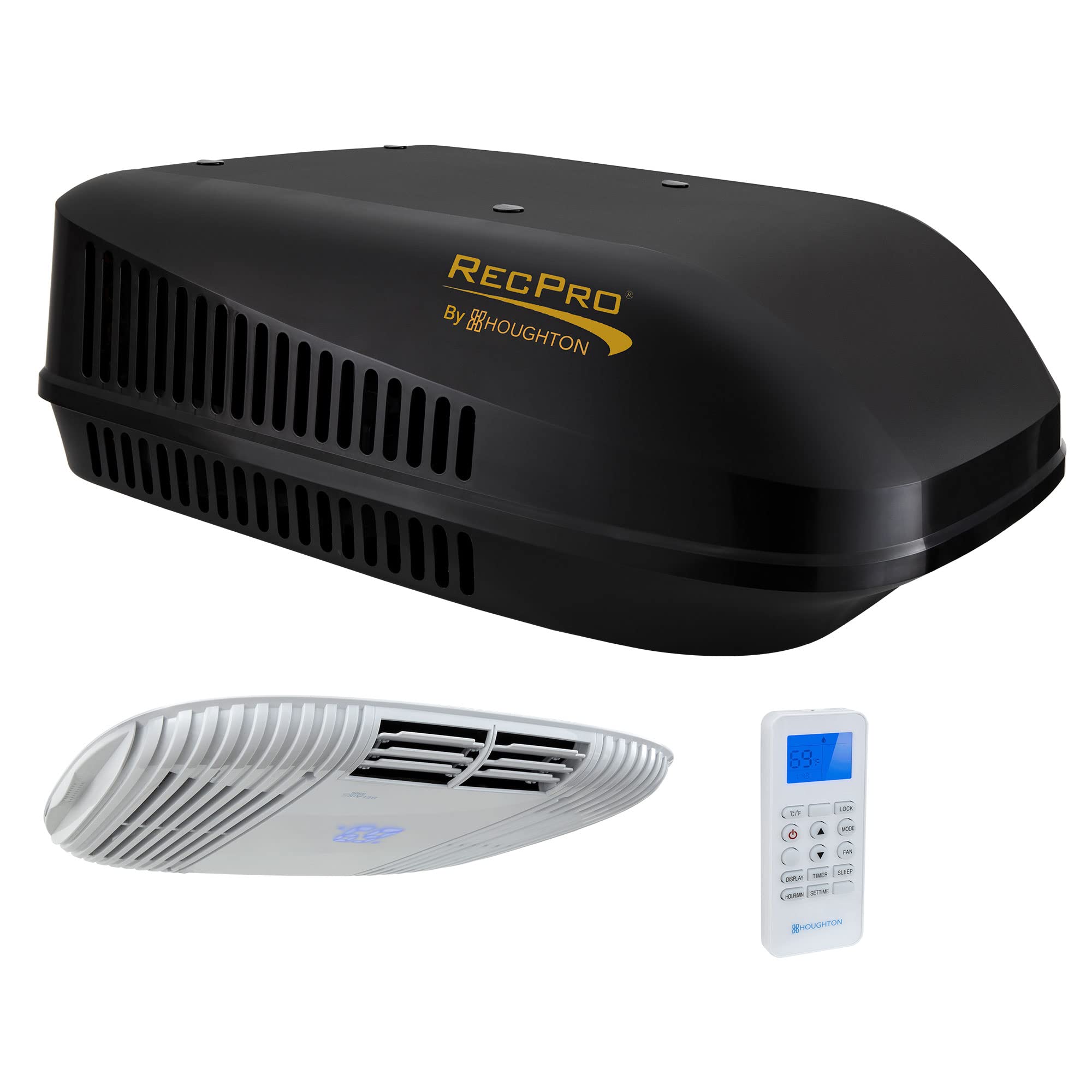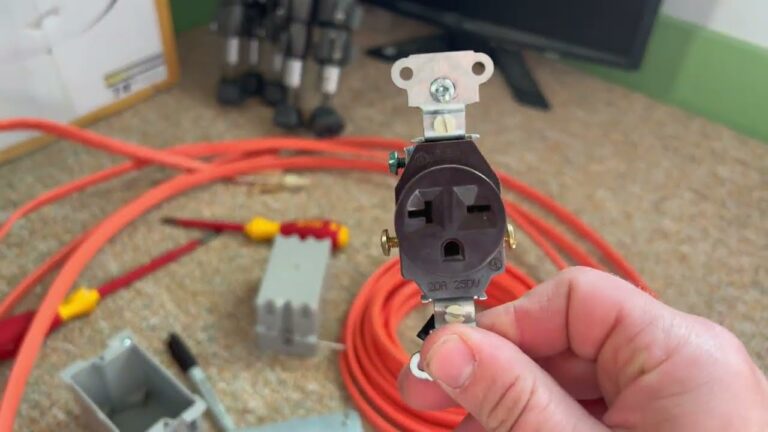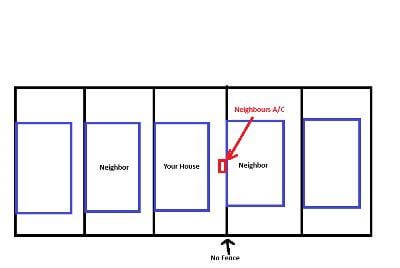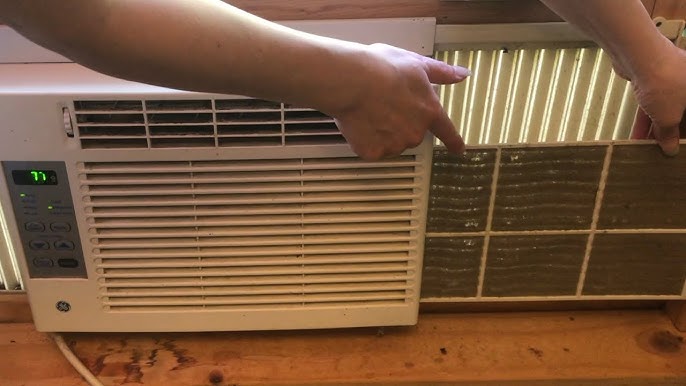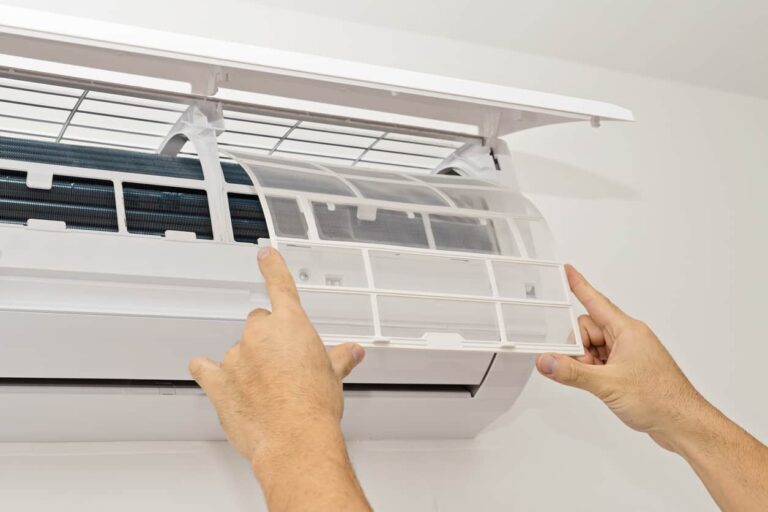Can I Run My RV Air Conditioner on 110: Essential Guide
Yes, you can run your RV air conditioner on 110 volts. Ensure the unit’s power requirements match your electrical system.
RV air conditioners are essential for comfort during hot weather. Many RV owners wonder about using their air conditioner with a 110-volt power source. Understanding your RV’s electrical system and the air conditioner’s power requirements is crucial. Running an air conditioner on 110 volts can be feasible, but it depends on the unit’s specifications.
Using the correct extension cord and avoiding other high-power devices simultaneously ensures optimal performance. Always consult your RV’s manual and consider professional advice to avoid electrical issues. Properly managing your RV’s power usage keeps your trips comfortable and safe.

Credit: www.amazon.com
Understanding Rv Air Conditioners
RV air conditioners are essential for comfort during hot weather. They keep your RV cool and livable. Understanding them helps you run them efficiently.
Types Of Rv Air Conditioners
There are two main types of RV air conditioners: rooftop and portable units.
- Rooftop Units: These are mounted on the roof. They are powerful and save space inside.
- Portable Units: These can be moved around. They are less powerful but more flexible.
Power Requirements
Most RV air conditioners need a specific amount of power. Understanding the power requirements is crucial.
| Type | Power (Watts) |
|---|---|
| Rooftop Unit | 1,500 – 2,000 |
| Portable Unit | 1,000 – 1,500 |
Most RV air conditioners need 110 volts to run. Ensure your RV’s power system can handle this.
Using a generator or a shore power connection can provide the necessary power. Always check your RV’s power capacity before using the air conditioner.
110-volt Power Basics
Many RV owners wonder if their air conditioner can run on 110-volt power. Understanding the basics of 110-volt power is essential for safe and efficient RV living.
What Is 110-volt?
In the United States, 110-volt power is the standard electrical voltage for households. This voltage type powers most home appliances, lights, and devices. It is lower than the 220-volt systems used in some other countries.
110-volt power is safe and efficient for many uses. But, can it handle an RV air conditioner? Let’s find out by comparing household power with RV power systems.
Household Vs. Rv Power
| Feature | Household Power | RV Power |
|---|---|---|
| Voltage | 110-volt (standard) | 110-volt and 12-volt |
| Power Source | Utility Grid | Battery, Generator, Shore Power |
| Power Load | High (multiple appliances) | Variable (depends on source) |
Household power is consistent because it comes from the utility grid. An RV can use multiple power sources, including batteries and generators. This means power load and availability can vary.
Running an RV air conditioner on 110-volt power is possible. But, you need to check the power source and load capacity. Ensure your system can handle the air conditioner’s power needs.
Feasibility Of Using 110-volt
Many RV owners wonder if they can run their air conditioner on 110 volts. It’s a common question with a straightforward answer. Yes, it is possible, but there are considerations to keep in mind. Understanding the pros and cons and potential risks is essential.
Pros And Cons
| Pros | Cons |
|---|---|
| Convenient Power Source | May not provide enough power |
| Easy to find 110-volt outlets | AC may not run efficiently |
| Less expensive to set up | Possible overheating of the system |
Potential Risks
- Overheating: Running an AC on 110 volts can cause overheating.
- Low Efficiency: The air conditioner may not cool effectively.
- Electrical Issues: Risk of tripping breakers or blowing fuses.
- Damage to Appliances: Can harm other devices in the RV.
Running an RV air conditioner on 110 volts is possible but has drawbacks. Ensure your RV can handle the load to avoid problems. Use a proper extension cord rated for higher power. Monitor the system to prevent overheating and damage.
Necessary Equipment
Running your RV air conditioner on 110 volts requires specific equipment. Ensure you have the right gear for a smooth experience. This section details the necessary equipment.
Power Adapters
Power adapters are crucial for connecting your RV to a 110-volt power source. These adapters convert the power from a standard household outlet to your RV’s system.
Here are some common power adapters:
- 30-amp to 15-amp adapter: This adapter lets your RV plug into a standard household outlet.
- 50-amp to 15-amp adapter: Use this if your RV has a 50-amp system.
Extension Cords
Extension cords are needed to bridge the gap between your RV and the power source. Choosing the right extension cord is vital for safety and efficiency.
Consider these key factors when selecting an extension cord:
- Gauge: Thicker cords can handle more power. A 10-gauge cord is ideal.
- Length: Choose a cord long enough to reach the outlet without strain.
- Outdoor Use: Ensure the cord is rated for outdoor use to withstand weather conditions.
Using the right equipment ensures your RV air conditioner runs smoothly on 110 volts. Proper power adapters and extension cords are essential for a successful setup.
Step-by-step Guide
Running an RV air conditioner on 110 volts can be tricky. This step-by-step guide will help you do it safely and effectively. Follow these steps to ensure your RV stays cool without any issues.
Preparing Your Rv
Before connecting to a 110-volt outlet, make sure your RV is ready. Follow these steps:
- Check your RV air conditioner’s power requirements.
- Ensure your RV’s electrical system can handle 110 volts.
- Inspect the power cord for any damage.
- Verify that the outlet is grounded and safe to use.
By preparing your RV, you reduce the risk of electrical problems. Always prioritize safety and perform a thorough check.
Connecting To 110-volt
Once your RV is prepared, follow these steps to connect to a 110-volt outlet:
- Locate a suitable 110-volt outlet.
- Use an adapter if your RV plug does not match the outlet.
- Plug the RV power cord into the outlet.
- Turn on the breaker for the outlet if needed.
- Power on your RV air conditioner and monitor its performance.
Ensure you do not overload the circuit. Overloading can cause tripped breakers or damage.
If your RV air conditioner struggles to run, consider using a soft start device. This device helps reduce the initial surge of power needed to start the AC.
Following these steps ensures a safe and efficient connection to a 110-volt outlet.
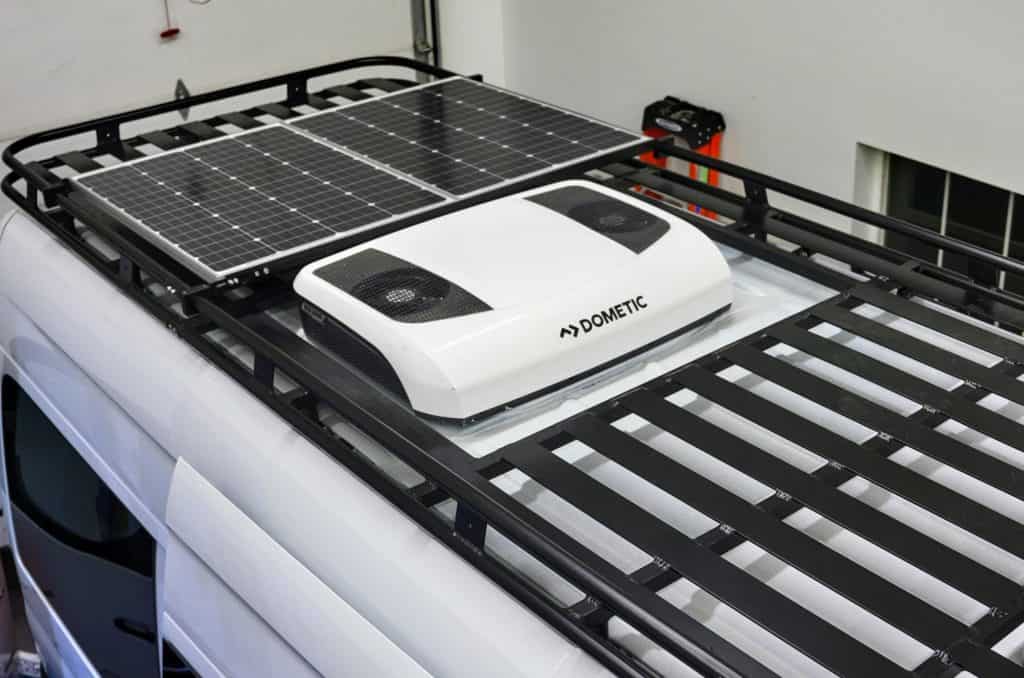
Credit: battlebornbatteries.com
Safety Tips
Running your RV air conditioner on 110 volts can be tricky. It requires careful attention to safety. Below are some essential safety tips to ensure your RV stays cool without any issues.
Avoiding Overloads
Avoiding overloads is crucial to prevent electrical problems. Your RV’s electrical system is designed for specific loads. Here are some tips to avoid overloads:
- Limit the use of other high-power appliances when the air conditioner is on.
- Check your RV’s power capacity and ensure it matches the air conditioner’s requirements.
- Use a dedicated outlet for the air conditioner to prevent circuit overloads.
Overloading your electrical system can cause blown fuses and fire hazards. Always monitor your power usage.
Regular Maintenance
Regular maintenance keeps your air conditioner running efficiently. It also prevents unexpected breakdowns. Follow these maintenance tips:
- Clean the air filters every month. Dirty filters can block airflow and strain the system.
- Check the cooling coils for dust and debris. Clean them as needed.
- Inspect the electrical connections for any signs of wear or damage.
Regular maintenance not only ensures safety but also extends the life of your air conditioner.
| Maintenance Task | Frequency |
|---|---|
| Clean Air Filters | Monthly |
| Check Cooling Coils | Every 3 Months |
| Inspect Electrical Connections | Every 6 Months |
Keeping up with these tasks ensures your air conditioner runs smoothly on 110 volts.
Alternative Solutions
Running an RV air conditioner on a 110-volt outlet can be tricky. You may need alternative solutions to power your AC efficiently. Below are some reliable options.
Portable Generators
Portable generators are a popular choice for RV owners. They provide enough power to run an air conditioner. Ensure the generator’s wattage matches your AC’s requirements.
- Check the generator’s wattage capacity.
- Ensure it has enough power for your air conditioner.
- Choose a generator with good fuel efficiency.
Portable generators are easy to move and can be used anywhere. They are a reliable backup power source.
Solar Power Options
Solar power is an eco-friendly alternative. Solar panels can power your RV’s air conditioner.
- Install solar panels on your RV’s roof.
- Connect the panels to a battery bank.
- Use an inverter to convert solar energy to AC power.
Solar power reduces your carbon footprint. It also saves money on fuel costs.
Solar power is silent and requires low maintenance. It is a sustainable option for powering your air conditioner.

Credit: www.reddit.com
Frequently Asked Questions
How Long Can You Run An Rv Air Conditioner On 110?
You can run an RV air conditioner on 110V for several hours, depending on the power supply and unit efficiency. Ensure proper maintenance for optimal performance.
Can A 30 Amp Rv Run On 110?
Yes, a 30 amp RV can run on 110 volts. Use a 30 amp to 110 adapter for compatibility. Limit electrical usage to avoid overload.
What Voltage Is Needed For Rv Ac?
An RV AC unit typically requires a voltage of 120 volts. Ensure your RV is compatible with this voltage.
Conclusion
Running your RV air conditioner on 110 volts is possible. Ensure your system is compatible and check power requirements. Always consult your RV manual for guidelines. Proper usage can help avoid potential damage and ensure efficient cooling. Stay cool and enjoy your RV adventures without any power worries.

